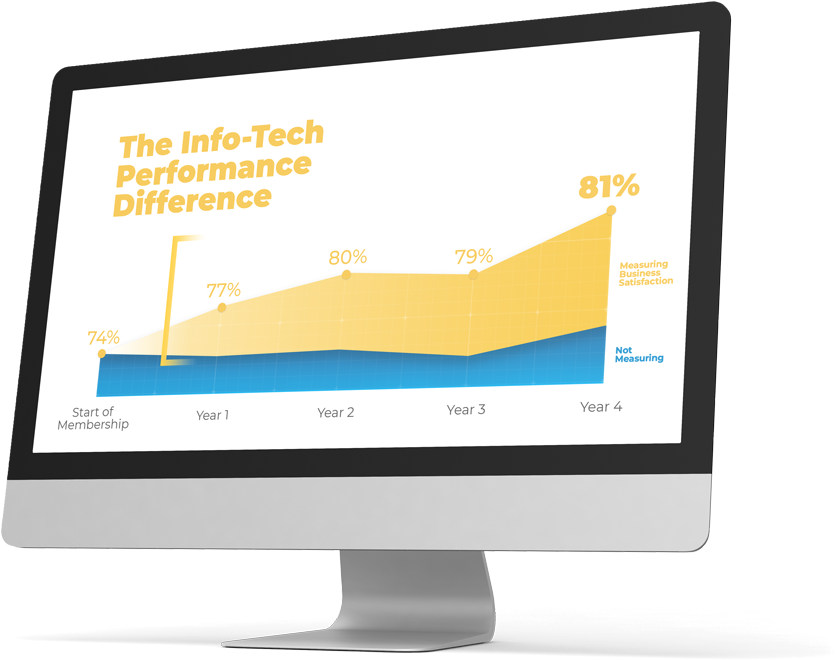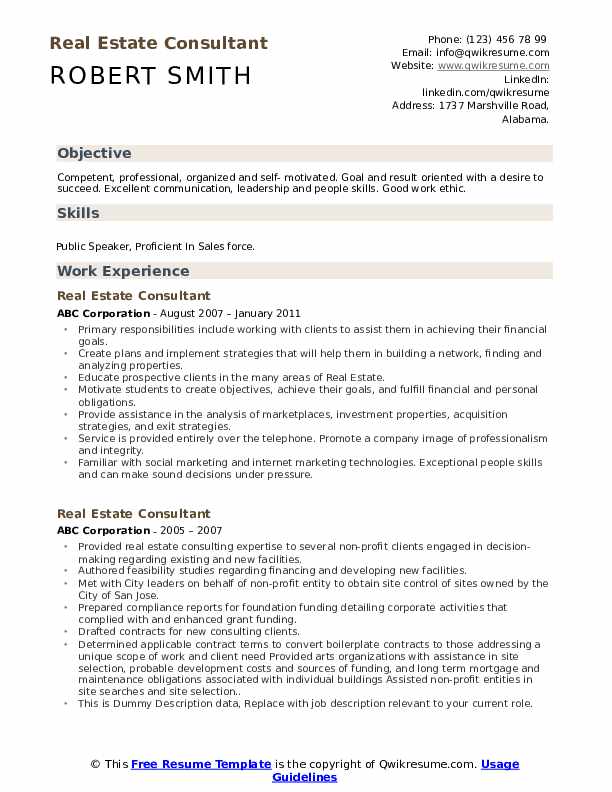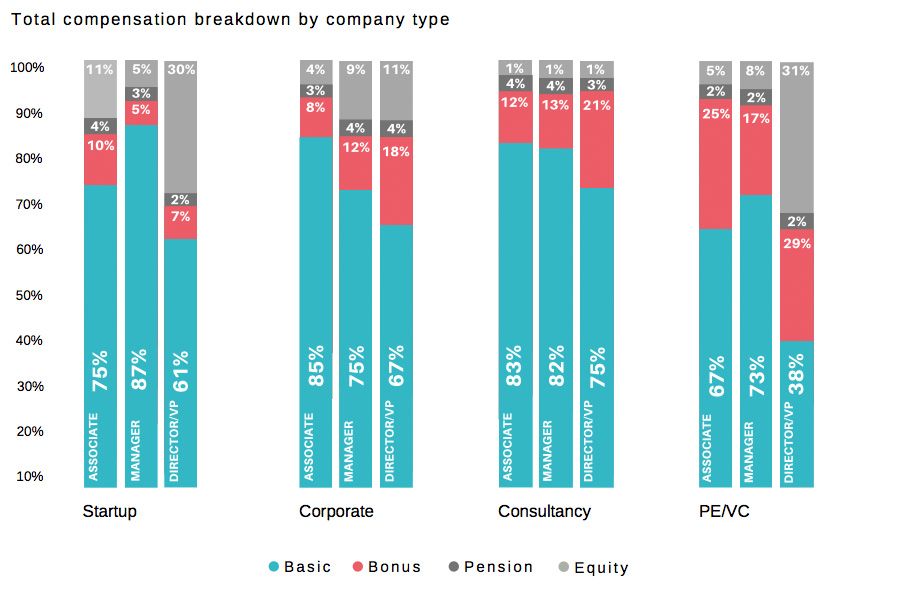
IBM is one the most well-known names in technology. The company was founded in 1911. It celebrated its centenary by releasing a series featuring 100 people who explain the company's contributions. Joe Pytka was the influential commercial director. Errol Morris, a Academy Award-winning documentary filmmaker, shot "100 x 100". It also featured music by Philip Glass.
Hollerith punchcard from ibm
IBM's Hollerith Punch Card was inspired by a system used in textile manufacturing as early as 1725. Joseph Marie Jacquard used this method later to create a silk portrait. Semenkorsakov used punch cards to keep information in 1832. IBM's Hollerith punch card would be used to record census data, and would ultimately lead to the formation of IBM.
The strategic alliance between IBM Germany and Nazi Germany started in early 1933. IBM's subsidiaries also contributed to the development and use of many Nazi-era enabling technologies. To target Jews for annihilation, the German government required a method to identify Jews quickly and accurately. The Hollerith punch-card machines from IBM were crucial in this process.
Magnetic stripe of ibm
IBM's history with magnetic stripe begins when an engineer created a method to attach magnetic media on plastic cards to store them. He had heard about magnetic tape and thought it might be easy to combine the two, but his wife suggested a different solution. She suggested melting the magnetic stripe onto the plastic card. IBM was the first to utilize this technology for commercial purposes.

The company was seeking to create a system for recording financial information and personal identification. They wanted a way to decode personal data and make the information easier to access. A team of researchers was assembled to create a system that could do exactly this. IBM adopted magnetic stripe technology after the team's work was done. They began rolling out bank cards and employee ID cards.
IBM's first computer
Arthur Rackham was born April 5, 1911 and was a leader in the introduction IBM's computers. He was an entrepreneur and a mathematician who studied at Drake University, Iowa State College, Columbia University, and MIT. He was later appointed head of IBM's research-and-development division.
The United States Air Force asked IBM for an electro-mechanical bombsight to be developed during the war. But, IBM was still uncertain about the future prospects of electronic computing. Tom Watson, Jr., felt IBM wasn't moving fast enough towards electronic computing. He had an idea to create an electronic computer capable of performing scientific computations.
IBM's research
The IBM Archives document the company's achievements and progress over the years. IBM currently employs 195,000 professionals in technical fields and has 350 Distinguished Engineers, 60 IBM Fellows, and currently has 195,000 Technical Specialists. NetObjects Technologies, CommQuest Technologies were acquired by the company. Many of its products are used in business.
The company's revenues grew steadily. Wall Street was awestruck by the company's growth. By 1984, profits at the company had risen by almost $16 million. Wall Street loved IBM Corporation. In addition, IBM was perceived as the only company that could compete with Japanese companies. This was the subject of a best seller book.

IBM's stock purchasing plan
The IBM Stock Purchase Plan, a retirement plan that allows eligible IBM employees the opportunity to purchase common stock of the company, is called the IBM Stock Purchase Plan. In the beginning, IBM employees received 85 percent of the market price for the first and final business days of offering periods. However, in 2005, IBM modified the terms of the plan, so that eligible participants can now purchase full or fractional shares of IBM stock at a five percent discount off the average market price on the day they purchase them.
Any shares purchased under this Plan are eligible to be resold at anytime. This can sometimes be stopped. In such a case, the shares can be purchased from the open market or treasury shares.
FAQ
How do I choose the right consultant?
Three main factors should be considered:
-
Experience - How experienced is the consultant? Are you a beginner or an expert? Does her resume show that she has the necessary skills and knowledge?
-
Education – What did this person learn at school? Did he/she pursue any relevant courses once he/she graduated? Can we see evidence of that learning in the way s/he writes?
-
Personality – Do we like this person/person? Would you want this person to work for you?
-
The answers to these questions help determine if the consultant is right for our needs. If there are no clear answers, then it might be worth an initial interview to learn more about the candidate.
How did modern consultancy become possible?
The first consultants were actually accountants who would help companies manage their finances. Their skills in managing financial information led to them being called "accounting consultant". But, their role soon expanded to other areas such as human resource management.
The French word meaning "to advise" in French is what gave rise to the term "consultant". This term was originally used by businessmen to denote someone who could give guidance on how to run an enterprise. In fact, most business owners today still use the word consultant when referring to any kind of professional advisor.
Do I require legal advice?
Yes! Yes. Many consultants sign contracts without seeking legal advice. This can create problems down the line. If the client terminates an agreement with the consultant before the completion date, what are the consequences? Or what happens if a consultant fails to meet the deadlines in the contract?
Avoid potential legal problems by consulting a lawyer.
What is the difference?
A consultant is an advisor who gives information on a particular topic. Consultants offer solutions to problems.
Consultants work directly with clients to help them reach their goals. Clients are referred to advisors through books, magazines and lectures.
What tax do I have to pay on consulting income?
Yes, tax will be payable on any consultancy profits. This amount will depend on how much you earn each year.
If you are self-employed, expenses can be claimed on top of your salary. These expenses include rent, childcare and food.
But you won't be able to deduct interest payments on loans, vehicle depreciation, or the cost of equipment.
You can only claim back 25% of your expenses if you earn less than PS10,000 a year.
However, even if your earnings exceed this threshold you may still be subject to tax depending on whether or not you are a contractor or an employee.
The PAYE tax for employees and the VAT tax for contractors is generally paid as you earn.
How long does a consultant take?
The amount of time needed depends on your industry and background. People start work with a few weeks before they find employment.
However, consultants can spend many years learning before they are able to find work.
Statistics
- On average, your program increases the sales team's performance by 33%. (consultingsuccess.com)
- So, if you help your clients increase their sales by 33%, then use a word like “revolution” instead of “increase.” (consultingsuccess.com)
- Over 62% of consultants were dissatisfied with their former jobs before starting their consulting business. (consultingsuccess.com)
- My 10 years of experience and 6-step program have helped over 20 clients boost their sales by an average of 33% in 6 months. (consultingsuccess.com)
- 67% of consultants start their consulting businesses after quitting their jobs, while 33% start while they're still at their jobs. (consultingsuccess.com)
External Links
How To
How do you find the best consultant?
First, ask yourself what kind of consultant you are looking for. Before you look for someone, you need to be clear about your expectations. Before you start looking for a consultant, make a list. This could include things like; professional expertise, technical skills, project management ability, communication skills, availability, etc. Once you've listed out these requirements, then you may want to consider asking some friends or colleagues who they would recommend. Ask your friends and colleagues if they have had bad experiences with consultants in the past. Compare their recommendations with yours. You can also do some online research if you don't know of any. Many websites allow people to post reviews about their work experience, including Angie's List and Indeed. Look at the ratings and comments left by others and use this data as a starting point for finding potential candidates. Finally, once you've got a shortlist of potential candidates, make sure to contact them directly and arrange an interview. At the interview, it is important to discuss your requirements and get their feedback on how they can help. It doesn’t matter who recommended them to you, just make sure they understand what you are trying to achieve and how they can help.